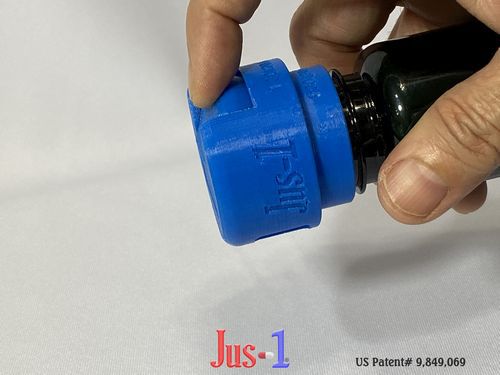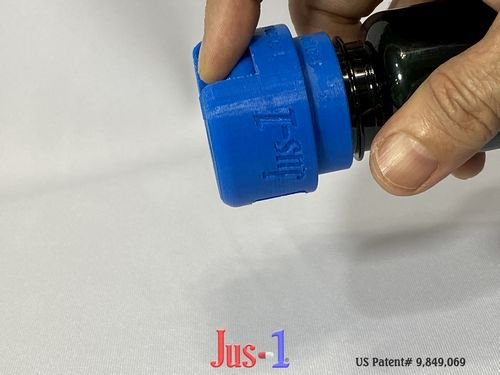Aspirin may help reduce colorectal cancer recurrence in high-risk people
-
Can low-dose aspirin help prevent recurrence?
Colorectal cancer is a relatively commonTrusted Source cancer and affects people of all genders. Some things that can increase one’s riskTrusted Source for developing this type of cancer include genetics, lifestyle factors — such as smoking and a diet high in red meat — and inflammatory bowel disease (IBD).
If colorectal cancer is detected early and is localized, the American Cancer SocietyTrusted Source reports that the 5-year survival rate is 91% for colon cancer and 90% for rectal cancer.
The authors noted that prior studies involving aspirin and colorectal cancer were inconsistent, so they wanted to conduct a double-blind trial to test how a daily low dose of aspirin worked in people who had colorectal surgery.
The researchers recruited 626 people ages 31 to 80 with the PIK3 mutation to participate. The PIK3 mutation is a common mutation and can carry a higher risk for recurrence.
The participants were randomly assigned to take aspirin or a placebo after surgery. The aspirin dose was 160 milligrams (mg), which is less than the dose recommended for treating a headache.
They had follow-up appointments, either by phone or in person, every 3 months for 3 years. The participants also had imaging taken periodically to monitor for recurrence.
The study has staggering results for reducing the risk of cancer recurrence in people with colorectal cancer with the PIK3 mutation.
The participants who were randomly assigned to aspirin had a 55% lower risk of recurrence compared with the people who received a placebo.
The study found that colorectal cancer came back in 7.7% of aspirin users with hotspot PIK3 mutations, while recurrence was nearly double (14.1 to 16.8%) in the placebo group.
When conducting subgroup analyses, the study authors said the benefits were especially strong among women. They were unsure why aspirin was more effective for women and said it needs to be studied further.
The researchers suspect aspirin helped in people with PIK3 mutation due to reducing inflammation and disrupting the signaling that drives this type of cancer mutation.
Overall, the trial results show that not only can aspirin be effective at reducing recurrence in people with the PIK3 mutation in colorectal cancer, but it also emphasizes the need to tailor treatments in people with a genetic mutation.
Source: https://www.healthline.com/health/menopause/an-expert-answers-how-can-i-maintain-my-weight-during-perimenopause

















